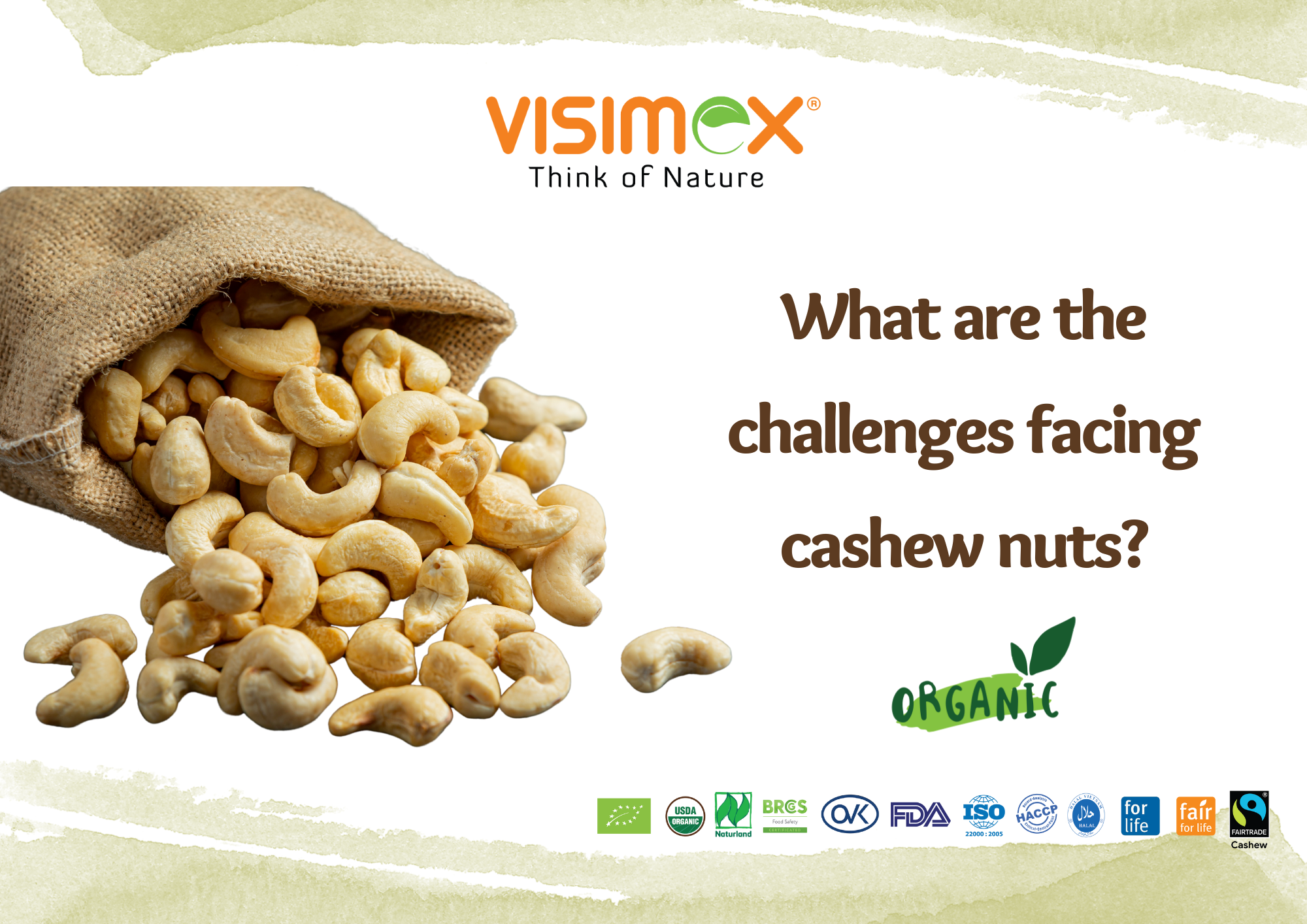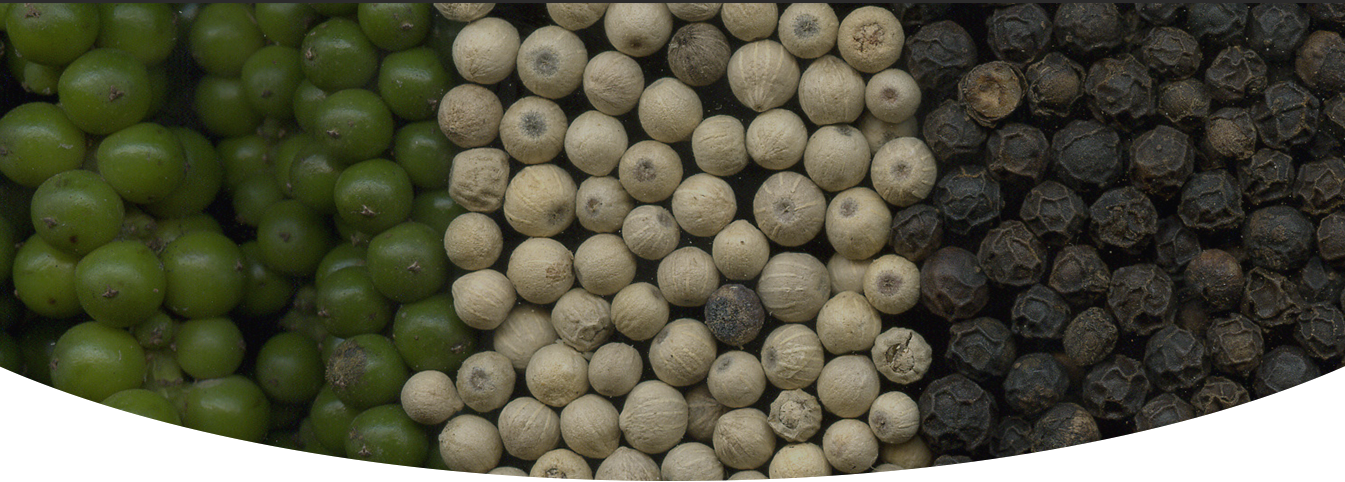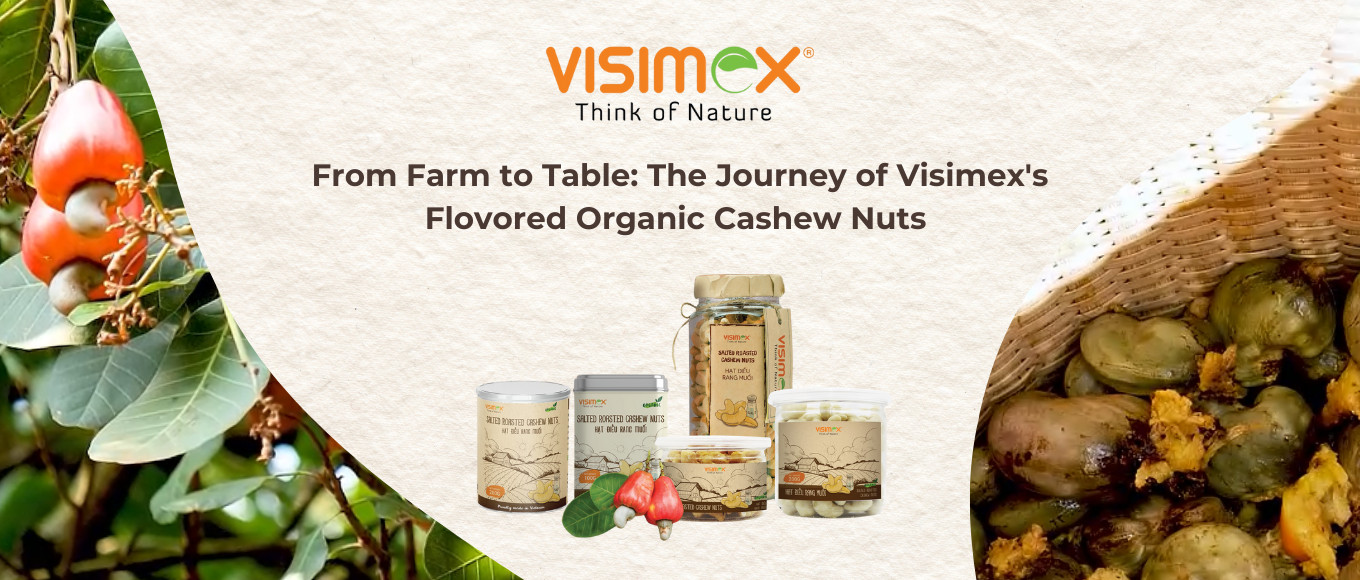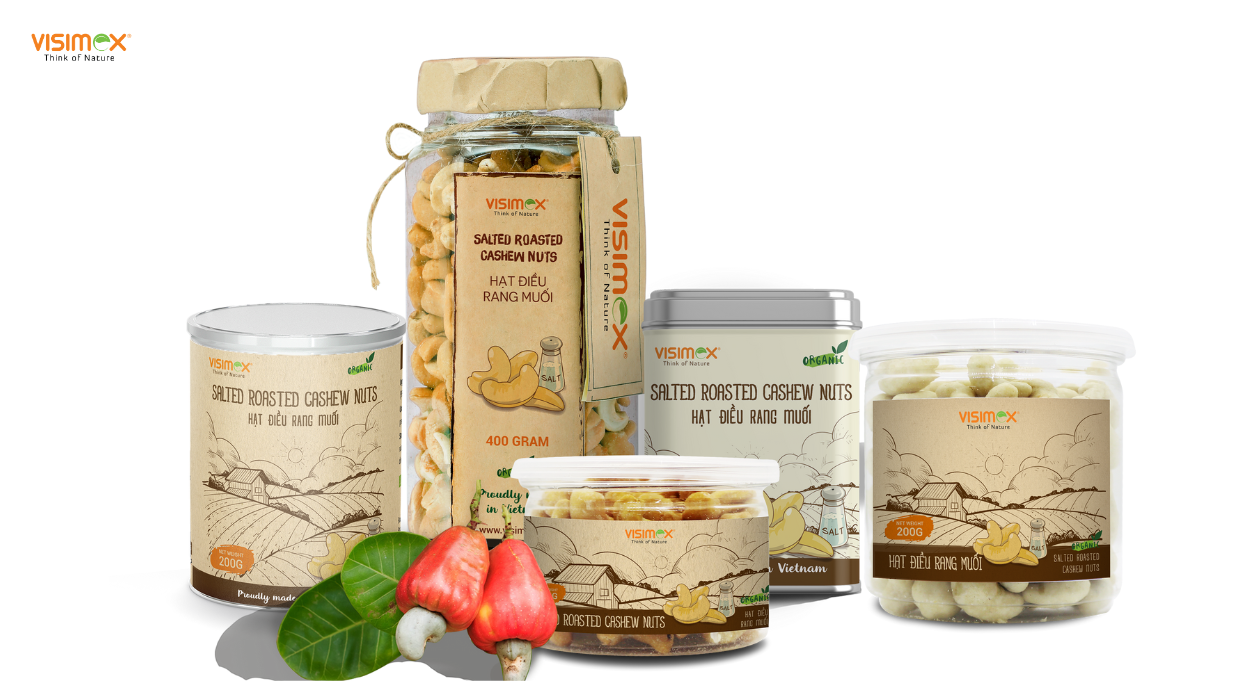While cashew nuts are celebrated for their rich flavour and nutritional benefits, the industry faces an array of challenges that demand attention. In this article, we will explore the multifaceted obstacles confronting the cashew nut sector, ranging from environmental concerns and fluctuating market prices to labour-intensive processing methods.

Environmental Impact
One of the primary challenges facing the cashew nut industry is its environmental footprint. Cashew cultivation often contributes to deforestation, as farmers clear land for cashew orchards. This practice raises concerns about biodiversity loss, soil erosion, and the overall ecological balance. Strategies for sustainable cashew farming, agroforestry practices, and reforestation efforts are crucial for mitigating these environmental challenges.
Market Price Volatility
The cashew nut market is known for its volatility, with prices subject to fluctuations influenced by factors such as weather conditions, global demand, and geopolitical events. This uncertainty poses challenges for both farmers and traders, making it essential to explore mechanisms that provide stability and fair compensation for all stakeholders in the cashew supply chain.
Labor-Intensive Harvesting and Processing
Harvesting and processing cashew nuts involve labour-intensive tasks, particularly the extraction of the nut from its shell, which can be hazardous due to the caustic oil within the shell. Labour conditions and worker welfare are critical issues that the industry needs to address. Innovations in technology, machinery, and fair labour practices can contribute to streamlining processes and ensuring the well-being of those involved in the production chain.

Quality Control and Certification
Maintaining consistent quality standards is a challenge in the cashew industry. Ensuring that cashews meet international quality requirements and certification standards is crucial for market access. Investments in quality control measures, training programs for farmers, and adherence to sustainable and ethical practices can enhance the overall quality and reputation of cashew nuts.
While the challenges facing the cashew nut industry are diverse and complex, they also present opportunities for positive change. Sustainable farming practices, fair trade initiatives, technological advancements, and a commitment to environmental responsibility can collectively pave the way toward a more resilient and sustainable cashew industry. By addressing these challenges head-on, stakeholders in the cashew nut sector can contribute to the long-term viability and ethical growth of this globally cherished commodity.
As the cashew nut industry grapples with various challenges, it’s imperative to highlight pioneers like Visimex, who have been at the forefront of organic agriculture in Vietnam for over two decades. Visimex boasts extensive experience in exporting Vietnamese agricultural products, including Vietnam organic cashew nuts, and has demonstrated a commitment to sustainable and ethical practices.
Visimex’s journey aligns with the broader narrative of addressing environmental concerns, market volatility, and labour-intensive processes within the cashew industry. With a focus on organic farming, fair labour practices, and stringent quality control, Visimex exemplifies the potential for positive change in the cashew sector.
By championing sustainable initiatives, investing in technology, and promoting fair trade, Visimex sets a standard for the industry, showcasing that it is possible to navigate challenges while prioritising environmental responsibility and the well-being of all stakeholders. As a beacon of success in the Vietnamese agricultural landscape, Visimex contributes significantly to reshaping the narrative of the cashew nut industry, offering a roadmap towards a more sustainable and resilient future.
Discover our products by clicking here
Follow our LinkedIn











